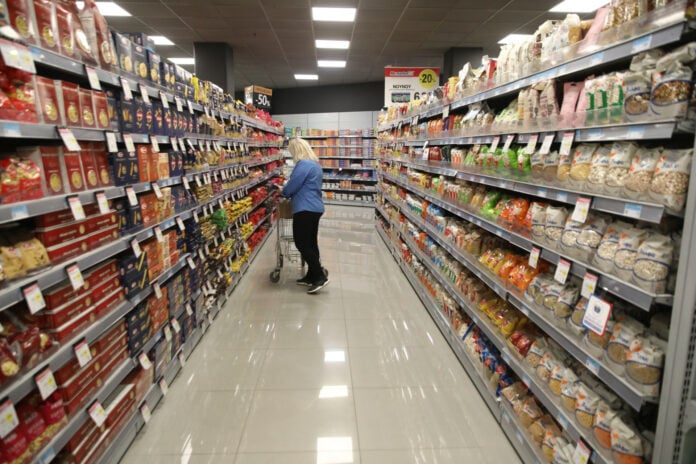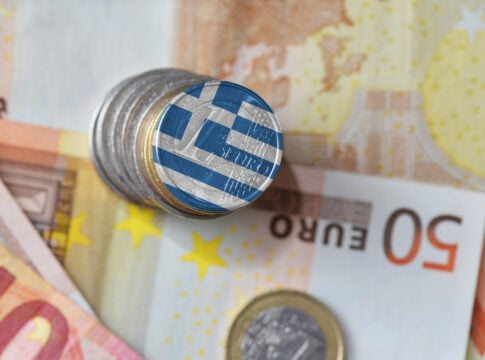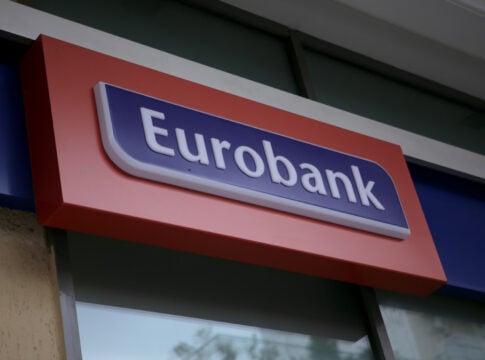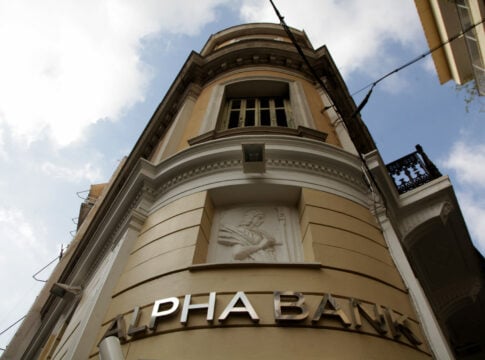The first “victory” against high sectoral food inflation was recorded in September, but the battle against high supermarket prices has not been won. On the contrary, it becomes even tougher amid the war in the Gaza Strip, continued hostilities in Ukraine, combined with the repercussions from domestic natural disasters, heighten uncertainty and insecurity in the market.
As for the government measures against soaring markets, both the market and especially consumers are cautious as to whether they are capable of stemming a new inflationary invasion of domestic households.
In more detail, food inflation in Greece fell to a single-digit rate in September for the first time since March, which, according to Eurostat, stood at 9.6%, somewhat higher than the entire Eurozone, which fluctuated in the same period close to 9.1%. In important categories such as milk and yogurt, the price dropped, but the increases in several basic products remained higher than in the Eurozone.
Based on Eurostat’s list that examines the harmonized consumer price index in 25 basic food categories, 14 categories in Greece maintained a lead in price increases.
Beef, pork, lamb, eggs, butter, cheese, fruits and vegetables maintained their upward trend in September, while olive oil – although the increase is significantly smaller than the average performance in the Eurozone – reached 28.8%, when in August the price increase was 23.5%. Also, the category in which Greece records a visibly more improved picture in terms of increases is sugar, as the rate of increase moves at a rate of 22.3%, however the percentage is significantly lower than the 43.9% that appears at the Eurozone level.















